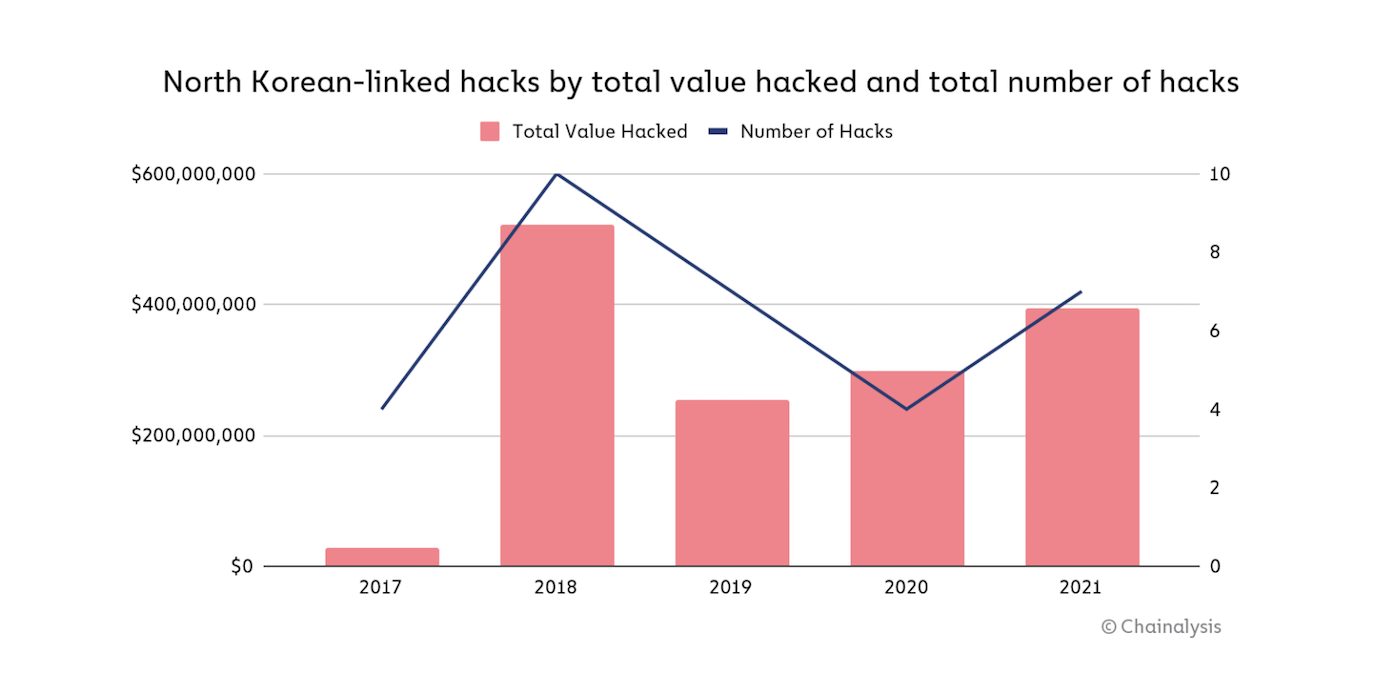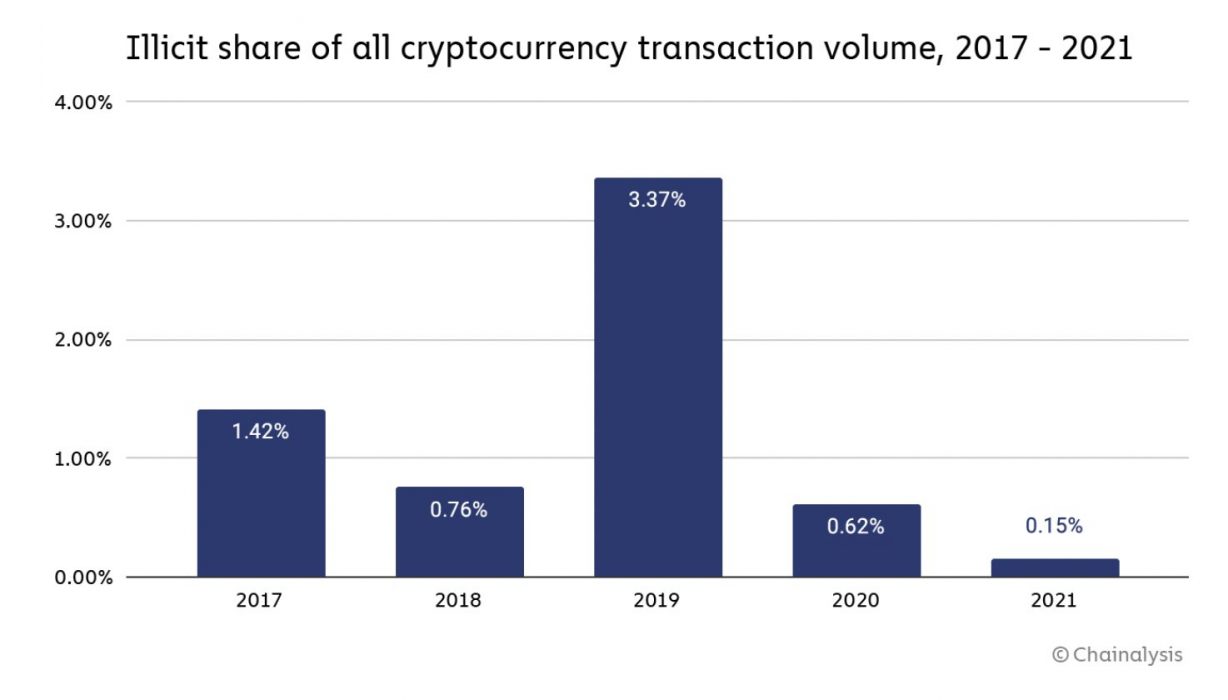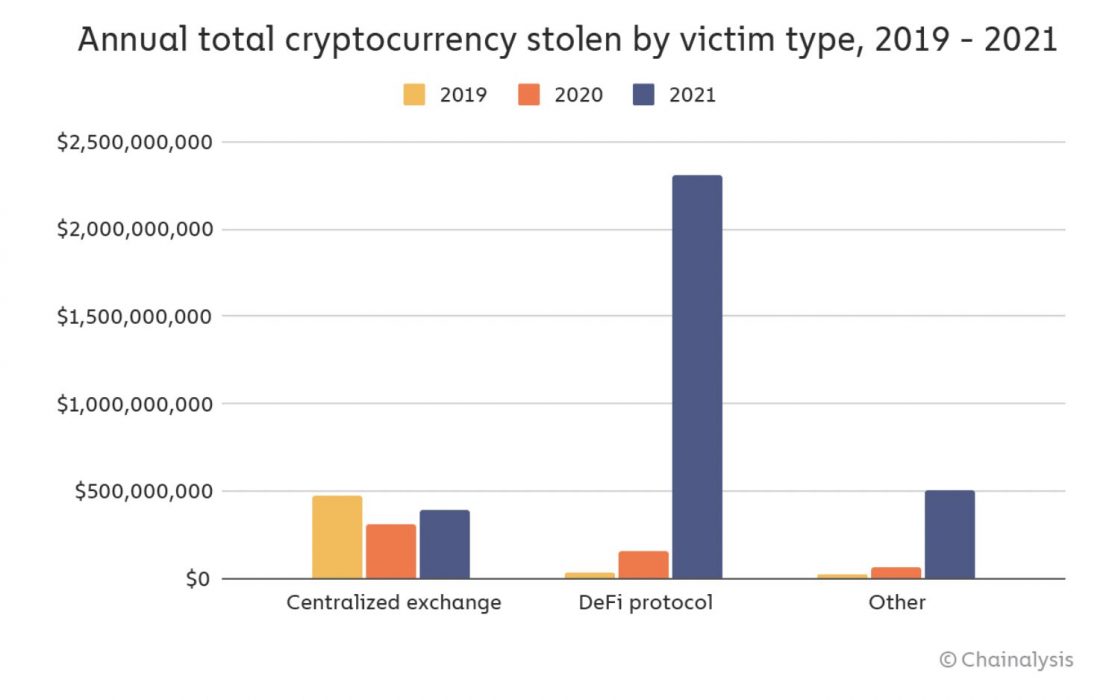Australian-born former crypto hedge fund manager Stefan He Qin, who last weekend began his seven-and-a-half year sentence in a US federal prison for securities fraud, says he lied about his investors’ returns “to avoid being bullied”.
In a frank YouTube interview (see below) just days before he began his custodial sentence, Qin claimed that defrauding Australian and US investors of US$90 million between 2017 and 2020 was the end result of bullying during his teen years at a Canberra high school, adding that he felt “immense pressure” to succeed because of his Asian heritage.
Not Just Bullies, It’s the Peer Pressure
“There’s probably, like, this huge insecurity in the Asian community to just be as successful as possible at all costs,” the first-year university dropout said. “And … it’s not even about the money – it’s just [about] looking good.” Qin added:
I felt immense pressure to inflate the returns and to just lie because I needed to match [investors’] expectations. They have this image in their head of this wunderkind who could make them a lot of money, and unless I met that image, I was a failure, right? And maybe I’d go back to being bullied; maybe people would go back to making fun of me and I would never have friends again.
Stefan He Qin
‘This is Where Greed Gets You’
Qin pleaded guilty to one count of securities fraud and was last September sentenced in a New York District Court to seven and a half years in prison. Qin had masterminded a brazen and wide-ranging Ponzi scheme while he owned and controlled two Manhattan-based cryptocurrency investment funds over a three-year period until 2020.
The so-called “Arbitrage King” (buy low, sell high!) used the proceeds to fund personal expenses, including the rented $US24,500-a-month New York City apartment in which the YouTube interview was filmed. “This is where greed gets you,” Qin says offhandedly at one point during the video, gesturing towards floor-to-ceiling views of the Manhattan skyline.
While serving his time, Qin intends to write a book and expresses a long-term ambition to return to Australia and become a politician. Some might say he’s eminently qualified.















